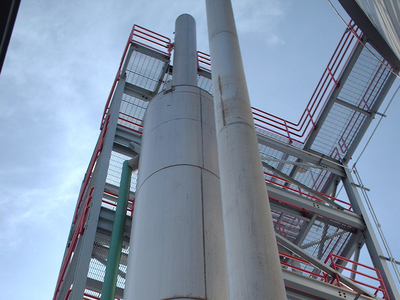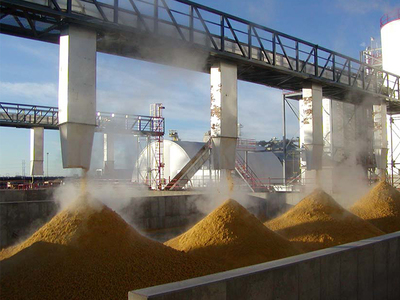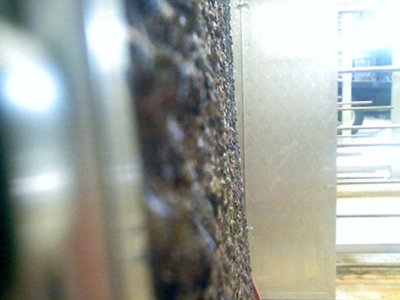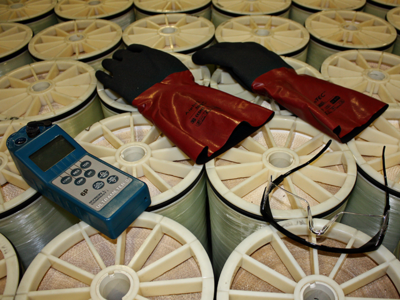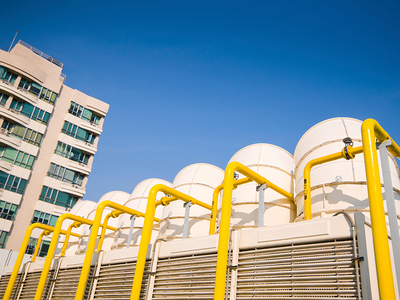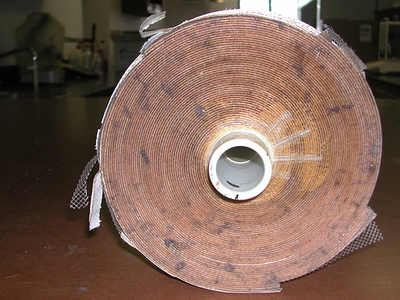The Internet of Things and its Benefit to U.S. Water Customers
There is a lot of talk in the technology market about the Internet of Things (IoT). But, what does that mean and how does it affect water treatment technologies? As people living in a modern world, technology is the center of nearly everything we do. Human nature constantly drives us to improve our “things” through newly engineered technology. The Internet of Things (IoT) is about using technology to [...]


